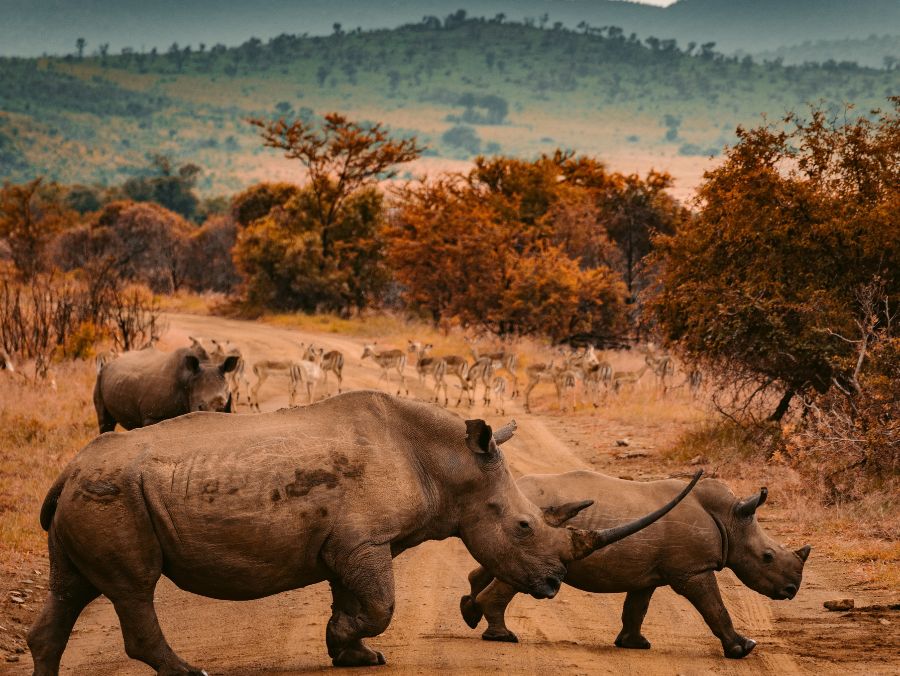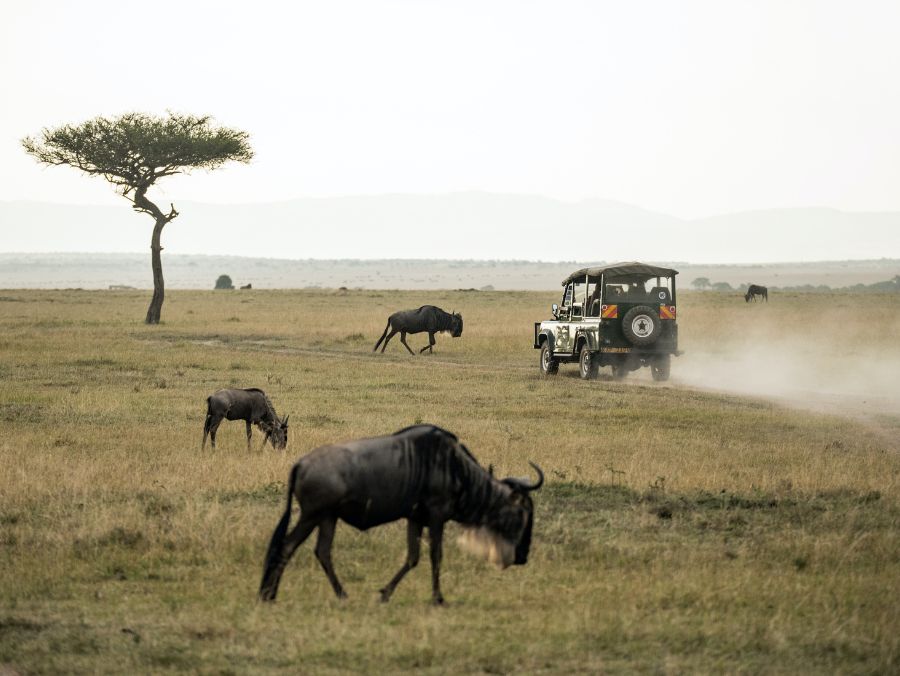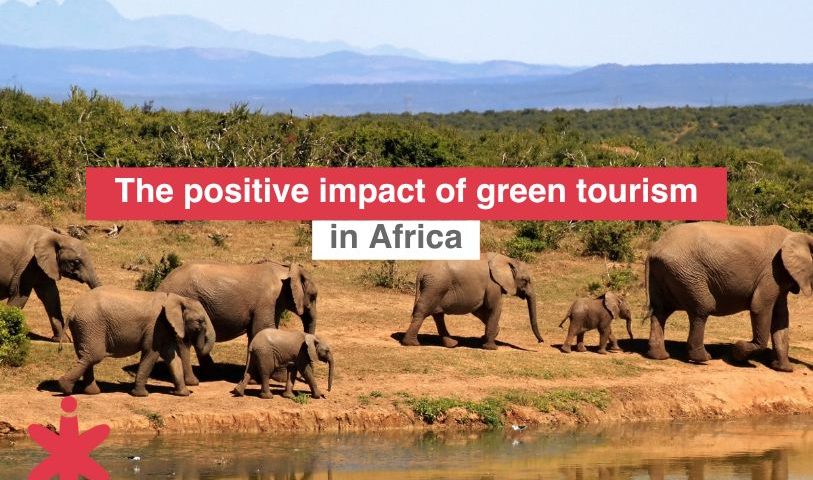The Positive Impact of Green Tourism in Africa
The Positive Impact of Green Tourism in Africa
Green tourism in Africa positively impacts biodiversity conservation, ecosystem protection, employment, environmental awareness, cultural preservation, and economic development, providing a sustainable solution for the continent’s growth.
The African continent is home to an astonishing diversity of wildlife, breathtaking natural landscapes, and a wealth of cultural heritage. However, it also faces significant challenges such as poverty, environmental degradation, and biodiversity loss. In this context, green tourism, or sustainable tourism, has emerged as a powerful tool to address these challenges and promote equitable economic and social development in Africa.
One of the most notable impacts of green tourism in Africa is environmental conservation. According to the International Union for Conservation of Nature (IUCN), Africa is home to at least 8,000 species of endemic plants and over 3,000 species of mammals, birds, reptiles, and amphibians. These valuable natural resources face threats such as poaching, habitat degradation, and climate change. However, green tourism has proven to be an effective tool in protecting biodiversity in Africa.

For example, the Kruger National Park in South Africa, one of Africa’s most popular safari destinations, has successfully implemented conservation programs funded by tourism revenues. These programs include the protection of endangered species such as rhinos and elephants, as well as the restoration of natural habitats and anti-poaching efforts. Thanks to sustainable tourism, the Kruger National Park has managed to reduce rhino poaching by 80% in recent years, demonstrating the positive impact of tourism on wildlife conservation.
Furthermore, this type of tourism has also contributed to the conservation of fragile ecosystems in Africa. For instance, local communities in the Okavango Delta in Botswana have established conservation agreements with tour operators to protect this unique wetland area. These agreements have led to the banning of hunting and fishing in certain areas of the delta, which has helped conserve biodiversity and maintain the livelihoods of local communities dependent on tourism for their sustenance.
Another positive impact of green tourism in Africa is the generation of employment and improvement of living conditions for local communities. Green tourism creates job opportunities in the tourism industry, such as tour guides, accommodation staff, chefs, or artisans, contributing to the diversification of income sources in local communities. According to the World Tourism Organization (UNWTO), tourism in Africa generated approximately 24 million direct and indirect jobs in 2019.

A notable example is the Volcanoes National Park in Rwanda, known for being home to the last mountain gorillas in the world. Green tourism in this park has created jobs for local residents in the tourism industry, including guides, porters, and accommodation staff, improving their living conditions and contributing to gorilla habitat conservation. Additionally, the Rwandan government has implemented a community participation system in park management, where a portion of tourism revenues is allocated to community development projects, such as the construction of schools and health centers, which has had a positive impact on the population.
Green tourism has also fostered environmental awareness and education in Africa. Tourists visiting Africa and its national parks and nature reserves often engage in environmental education activities and have the opportunity to learn about the importance of environmental conservation and wildlife protection. This has led to increased awareness and understanding of environmental challenges and the need to conserve nature among local communities and tourists themselves.
Furthermore, green tourism has promoted the preservation of culture and traditions in Africa. Many eco-tourism destinations in Africa are located in areas inhabited by indigenous and tribal communities with rich cultural traditions. All of this has helped keep local cultures alive and promoted cultural diversity in Africa.
This type of green tourism has had a significant impact on the African economy. According to the UNWTO, it generated over $160 billion in revenue in 2019, accounting for about 8.5% of the continent’s GDP.
It is crucial that tourism in Africa is carried out responsibly and sustainably, with a focus on environmental conservation and improving the living conditions of local communities. The continent has undoubtedly found one of the main solutions to its development.
Anissa Ahmia
Public Relations Department





 All the news
All the news  Back to newsroom
Back to newsroom

